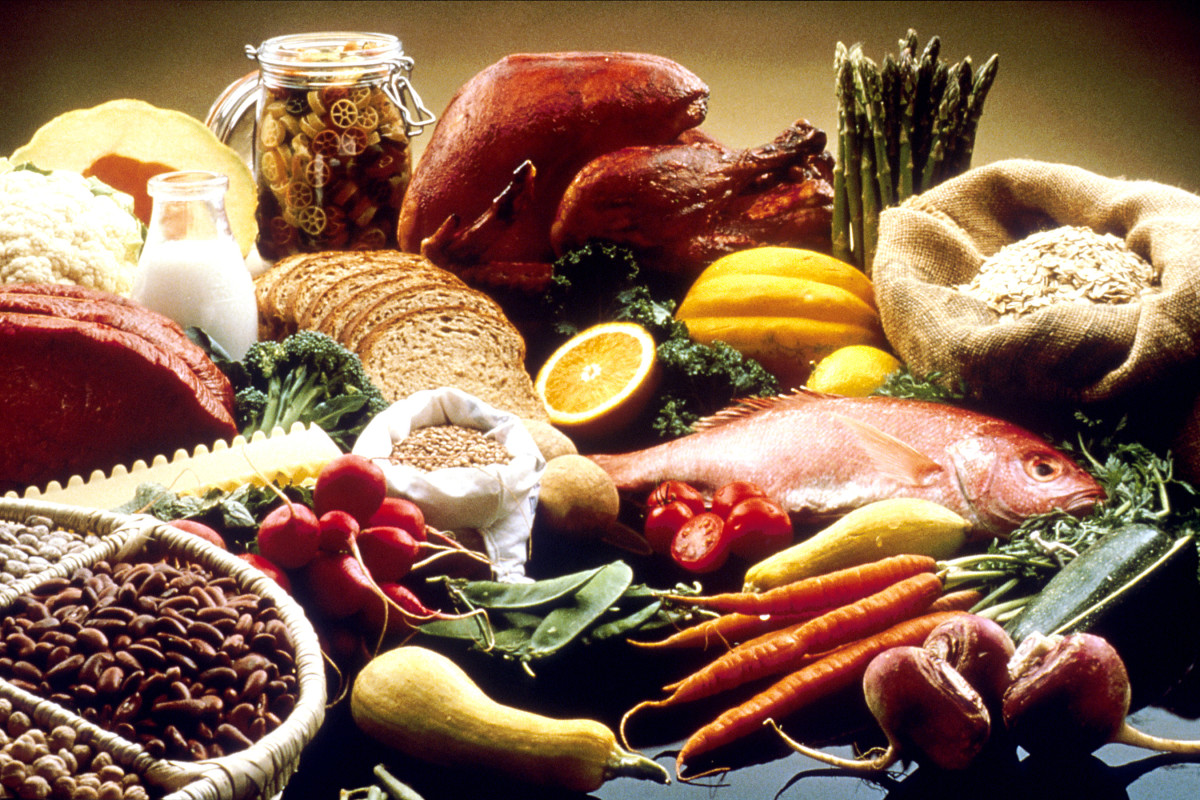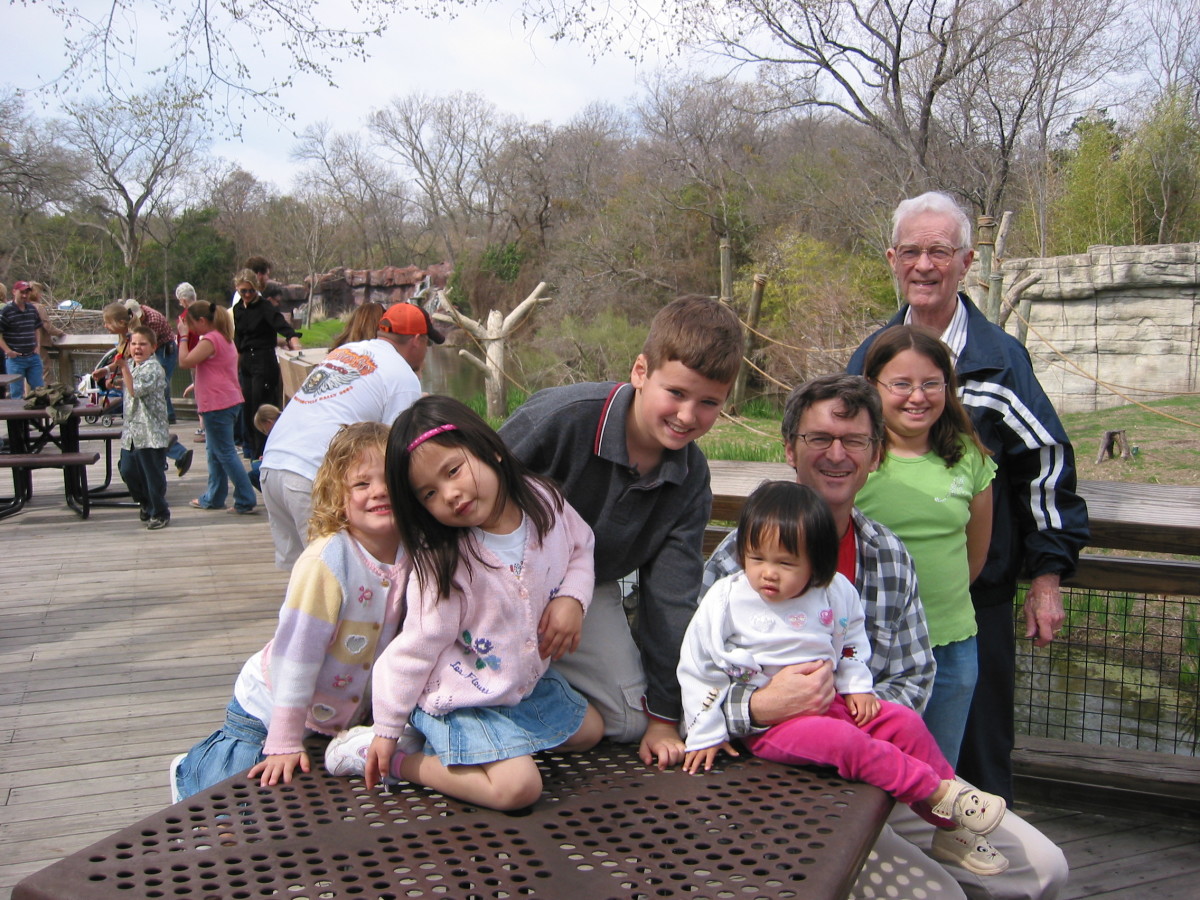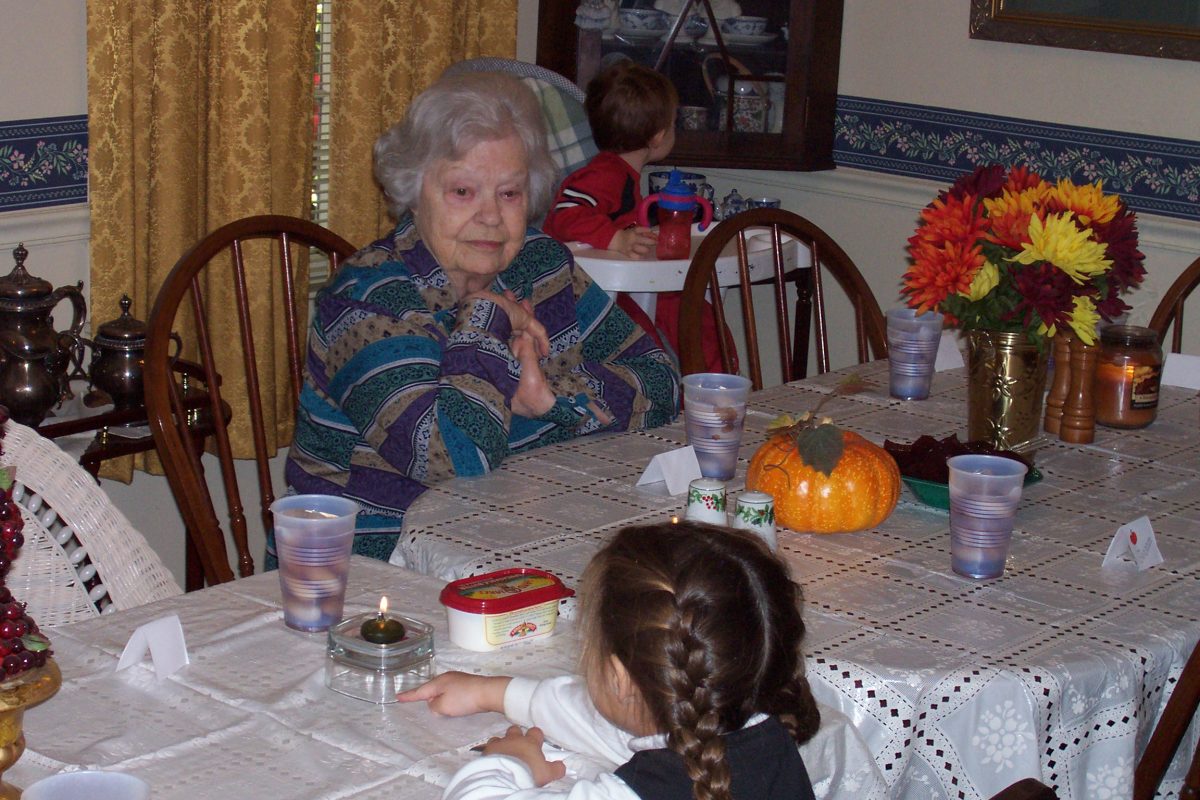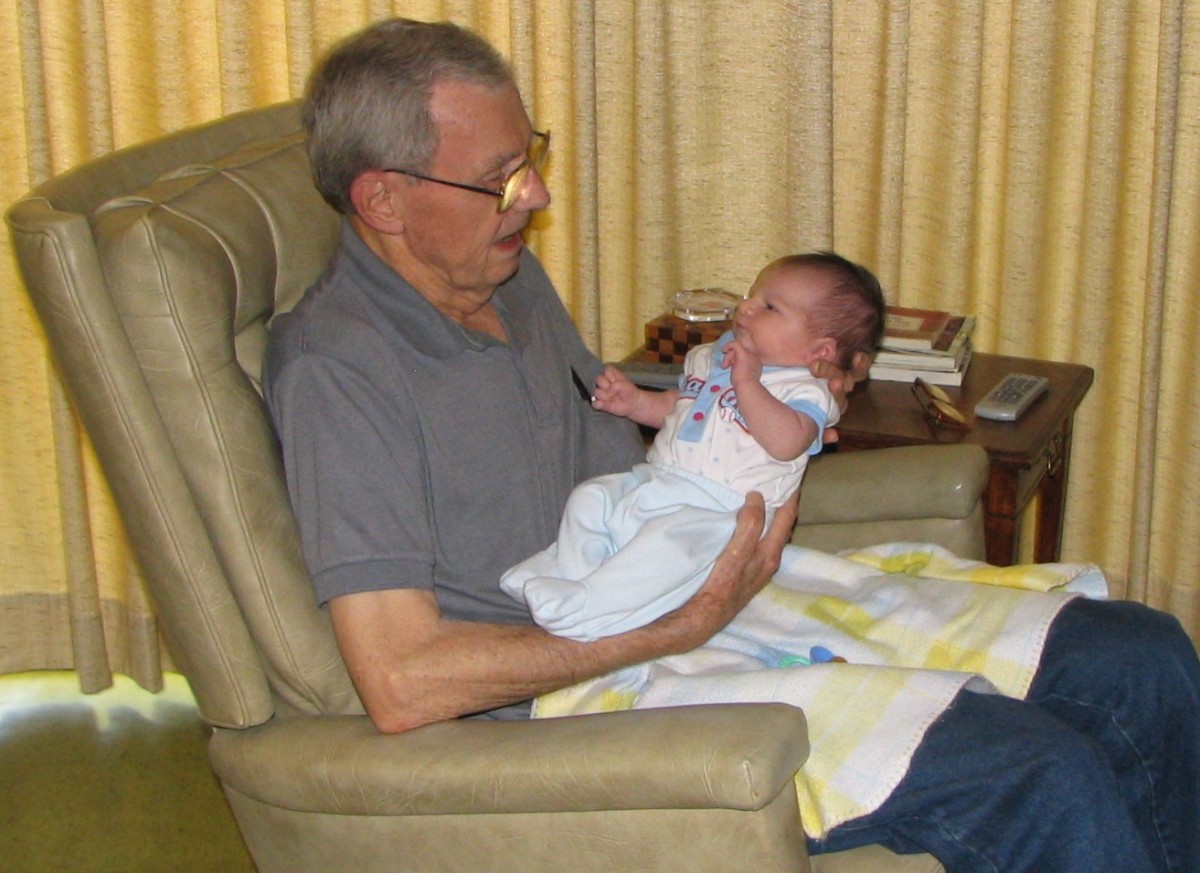Various Health Issues Confronting the Elderly
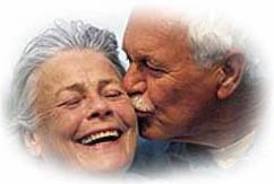
Caring for the Elderly
Geriatrics is a field of medicine that deals with the care of the elderly and the provision for their various unique needs as they mature in years. It is more about maintaining the health of the elderly patients by assisting them in preventing and treating their diseases.
In a study conducted by the American Clinical and Climatological Association, the elderly population age 65 and over is expected to rise twice its present number starting from the year 2000 to 2050.
This increase in the number of people within this age group means an increase in demand for specialized care for those who are suffering from diseases associated with aging.
Caring for the elderly is very much different from caring for babies and young people. Unlike the young, the elderly experience a lot of changes that take place in their body as they grow old. They are more susceptible to diseases, and because of their age, some people sometimes tend to treat them in a different way.
Doctors who specialize in the care of the elderly, called geriatricians, say that there is a difference between the manner the body reacts to normal aging and the diseases that accompany this process.
The Aging Process
Aging is characterized by the deterioration of various body functions which include reduced cognitive ability, reduced mental acuity, mild memory loss, incontinence, physical and mental instability and in some cases, inability to move about.
Old people should be careful in taking medications. More and more of them suffer from various diseases that require them to take different kinds of drugs. These medications can come in the form of drugs or nutritional supplements that could take its toll on their delicate kidney and liver when they are excreted from the body.
Loss of vision and hearing are the two most common complaints that come with getting old. Because of these disabilities, the elderly tend to shy away from people consequently socially isolating themselves from others.
Because of these changes that take place in their physical, mental, emotional and social life, the elderly tend to live independently so that they can do what they please without bothering others. This is the area where their geriatrician can provide help in finding the right care options that these old people may avail.
If their own families cannot provide the care that these old people need, they may be referred to home care services, various nursing and living facilities or hospices so that they will be well-cared for in their twilight years.
Because of the demands for services that cater to the elderly, many specialized fields have emerged to address the various special needs of our aging population.
Various Health Issues Confronting the Elderly
Dementia
What is dementia? We often hear this word that is commonly used to describe old people experiencing memory loss.
Dementia is a general term for memory loss. It is the most common health issue that our aging population is facing today. The good news is, memory loss is a part of the aging process that can somehow be avoided.
When a person grows old, it doesn't mean that that person automatically loses his/her memory. Our brain is capable of regenerating or producing brain cells at any age which is the reason why there are people who, in their twilight years, still have very good memory.
3 Main Causes of Memory Loss Brought About by Aging
1. As we age, blood flow in the brain decreases. This can adversely affect memory resulting to changes in the way we think, the way we learn, and the way we remember things and events.
2. There is a part of our brain called the hippocampus whose function is to form, store, and retrieve memories. Like any other body parts, the hippocampus also deteriorates with age.
3. The hormones and proteins in our body that maintain, repair, and protect the brain cells eventually lose their function with age.
Alzheimer's disease is the most common form of dementia and is not considered to be a normal part of the aging process. It is not a disease brought about by old age.
Latest statistics shows that around 200,000 Americans below 65 years old are suffering from this disease, properly called early onset Alzheimer's. It is a disease that is the result of permanent death of neuron cells. There is no known cure for this disease that starts gradually then gets worse over the course of the disease.
It is a very costly disease due to the fact that a special caregiver has to care for the patient, usually a family member or if a family member is not available, professional help can be obtained which could be a drain on the family's finances.
Depression is a strong emotional feeling of low mood, negative outlook in life and low self-esteem. Old people feel depressed because of the emotional, physical and physiological changes that take place in their body.
They feel depressed because of the perception that they are no longer useful to the people around them due to their being frail and weak, due to their illness and the feeling that they are no longer as productive as when they were younger.
Depression is not a form of mental illness, but more of a response to inevitable life-changing events in an elderly person's life. It could be a manifestation of a more serious disease or a result of a chemical reaction in the brain caused by medications.
Osteoporosis is a disease that affects a person's bone density, a significant reduction in the amount of mineral content in the bones resulting to a greater risk of falls and fracture among the elderly.
The disease is also characterized by the reduction in the protein content in the bones.
There are many types of osteoporosis but the most common type is the one associated with menopause among women.
- Sarcopenia - This is also called muscle atrophy which means the deterioration of muscle mass and strength which is attributed to aging. It is characterized by muscles that gradually lose mass and body due to thinning of muscle fibers.
Cancer
Studies show that as a person ages, the risk of having cancer increases even if our parents or grandparents did not have cancer at all. Old people are more susceptible to cancer due to aging and damaged cells of the body caused by cancer-causing substances in the environment.
Some form of cancer can be inherited from our parents or grandparents and some can be acquired due to exposure to harmful substances in the environment.
Falls
Falls are the most common cause of accidental deaths among the elderly in the United States. A large percentage of the hip fractures that occur among the old people are caused by falls.
The most common cause of these falls are old age, deteriorating brain functions, type of medications used and deteriorating sensory functions.
Eye Problems
Loss of vision is among the major health care problems of the elderly, the most common of which are glaucoma which is characterized by damage of the optic nerve and loss of the person's visual field; cataract and; macular degeneration, an age-related eye disease that leads to the total loss of central vision.
Diabetic retinopathy
This disease simply means that blood vessels in the retina have been seriously damaged which finally leads to blindness.
In some cases, blood vessels in the retina could swell and burst, causing fluid to leak. In other situations, new blood vessels could develop abnormally on the surface preventing the person from having clear eyesight.
Incontinence
There are many changes that take place in an elderly person's body as he grows older and urinary incontinence is one of them. Incontinence is the involuntary act of passing urine. It can happen to any person regardless of age but it happens more to older people.
The US National Association of Continence reports that one in five people who are over the age of 40 suffers from incontinence. Experts say that some of the causes of this is not drinking enough water, an infected bladder, and it can also be brought about by diseases such as multiple sclerosis and Alzheimer's disease.
Parkinson's disease is a debilitating disease of the central nervous system. It is caused by the death of the cells that produce dopamine located in the part of the brain called substantia nigra. The most noticeable symptom of Parkinson's is shaking of the hands but also manifest slow movement, difficulty in walking and limited mobility.
In the study "Aging in America:Trials and Triumphs" published in the Journal of American College Health, senior citizens have been classified into three groups: the enjoyers, who account for 27% of the aging population, the survivors with 53% and the casualties with 23%.
The enjoyers, who are predominantly males, are those who enjoy the promise of their golden years on earth. The survivors, most of them women are those who partly take advantage of the amenities made available to them and; the casualties are those who do not have spouses, who are physically fit and healthy and, financially capable of supporting their spouses if they have one.
The study reveals that an elderly person tends to look at life in a positive way and maintains a high morale as he grows old if he feels that he is in good health, is financially stable and has a partner who is equally in good health as he is.
Nutritional requirements
Protein requirement
The elderly should take a high fat and protein diet but low in carbs and sugar.
Health experts recommend that the amount of protein healthy elderly individuals should consume is 0.8 kg per kilogram body weight daily, the same amount as for young adults. There is no recommended amount made yet for unhealthy and frail elderly people as there are no studies made particularly on that topic.
In the meantime it is recommended that the 0.8 kg per kilogram body weight daily is reasonable for the healthy elderly. Exercise and other physical activities are recommended to enhance the body's use of energy, enhance appetite, and to boost muscle growth and strength.
Calcium and other nutrients
Our grandparents need more supply of vitamin D and calcium to maintain healthy bones and teeth.
They should drink fortified low-fat or fat-free milk or yogurt daily. They should eat fortified cereals, dark green vegetables, canned fish with soft bones, and a lot of fruit juices.
If grandma is active, she will need 1800 calories daily. If not, she will only need 1600 calories a day. For grandpa, if he is always on the go, he will have to take 2200 calories a day but if he just stays home and does not have engage in any strenuous activity he will only need 2000 calories a day.
Carbohydrates
The elderly should take complex cardohydrates such as whole grains like brown rice, starchy vegetables, legumes, and sweet potatoes. Aside from complex carbohydrates, these food items are also rich in fiber.
Complex carbohydrates helps in regulating the body's glucose level and fiber helps to ensure a good bowel movement.
© 2011 Zee Mercado

